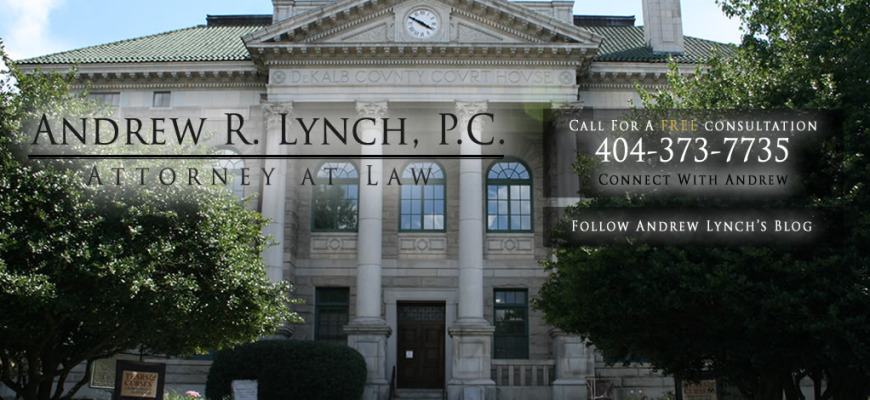
Checkpoints are something we associate with totalitarian governments or militarily occupied third world countries. But police checkpoints are not only in Afghanistan and the Gaza Strip, they occur here, in the US. Here we call them “road blocks”. It is something that we think of as “it can’t happen here”. The problem is, it can happen here, it does happen here, and it can happen to you. It is literally the only example of the police not thinking you or anyone in your car are up to anything criminal but still using their government authority to stop you.
If the government stops you at a roadblock they have to get it right or whatever they charge you with can be thrown out of court as inadmissible against you.
There is a saying that goes, “If you are going to break the big rules, obey all the little ones.” Which means if you happen to be a constant drunk driver or a regular drug-user who frequently drives with drugs, you need to do everything to not get pulled over. You better stop at stop signs, keep your tags updated, drive the speed limit, etc. If you obey all traffic laws, you will not be pulled over.
However sometimes you run into the unfortunate situation where you are stopped by the police, even when you are driving perfectly. A checkpoint or roadblock is the most likely instance where this would happen. They will ask for your license and registration as if you are being pulled over. Even though you didn’t break any traffic laws, the police still have that chance to smell the booze on your breath or the stash of weed in your back seat.
After going through a road block, you may find yourself being arrested for possession of drugs or DUI. Your reaction will be anger about the fact that you were arrested after trying to attract the minimal amount of attention to yourself. Luckily, you may be the one in the right. How the police conducted checkpoint may have been a violation of your constitutional rights. Your attorney may be able to prove in court that your rights were violated and have your pending DUI or drug case thrown put of court.
After the case Baker vs. State, 252 GA, App. 695, there are six requirements for the validity of a checkpoint to hold up in court:
The Requirements for a “Legal” Roadblock in Georgia:
First, the checkpoint must be authorized by supervisory personnel to exist in the first place. Supervisory personal is what it sounds like a boss decided to do this.
Second, it must serve a legitimate primary purpose, such as area where there have been high instances of DUIs. It cannot be random. It cannot just be fore general crime suppression.
The third requirement is that all vehicles are stopped, there is not allowed to be any profiling of who is stopped. Everyone is supposed to be treating equally.
Fourth, there must be minimal delay, as in the police need to get each car through as quickly as possible, implying they cannot snoop around cars without probable cause.
Fifth, the area needs to be well identified as a police checkpoint, meaning people know that there will be a checkpoint if they choose to drive on a particular road.
Sixth, the officer screening the vehicles that come through must have adequate training and experience to deal with the situation.
Luckily, we still have constitutional rights that protect us from overreach by the police.
In the Georgia Supreme Court case Brown vs. State, 293 Ga. 787, it was upheld that all checkpoints must serve a reasonable purpose. In 2000, the United States Supreme Court case was City of Indianapolis vs. Edmond. 531, US 32 limited the powers that police have when using checkpoints. The key aspect was the appropriate primary purpose requirement. In a Georgia case Williams vs State, 293 Ga. 883, the sheriff’s department was ruled to have set up an unconstitutional roadblock. A roadblock must have a legitimate focus.
When a roadblock is understaffed, it often correlates to the roadblock being unconstitutional. One of the requirements is that a supervisor must have planned the roadblock in advance. When only two or three officers are manning the roadblock, it is typically a sign that they did not receive proper orders from supervisors, and are therefore manning a poorly planned roadblock. As a result, this violates two of the six rules. One of those is that traffic must go through efficiently, as an understaffed roadblock cannot possibly go through many cars in an efficient matter. The other is that the officer must be highly experienced in conducting a roadblock. If they are understaffed, he may be trained, but he cannot do an efficient job.
Avoiding a roadblock can have pros and cons. If the roadblock is not explicitly identified, then if you make a u-turn and leave the area, if you are pulled over, it may be possible for you to prove in a court of law that you did not know that it was a roadblock, possibly an accident, and you were just avoiding the accident. It is not illegal to simply not go to a roadblock. The police have to show you were avoiding their roadblock. If the roadblock is specifically marked, the officer can claim reasonable suspicion that if you turn away close to the roadblock.
If you have been stopped and arrested in a roadblock contact Attorney The Lynch Law Group today! 404-373-7735.



